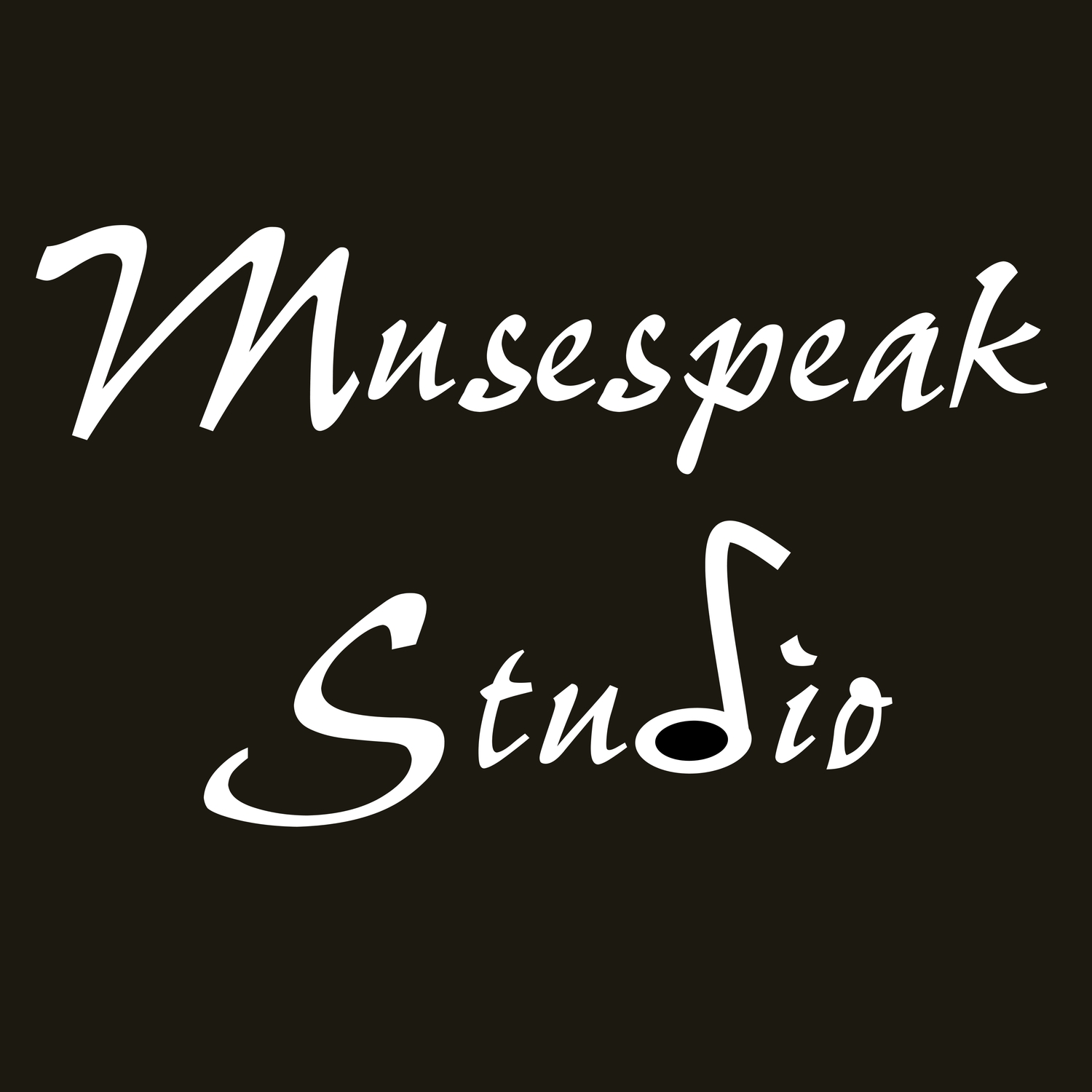My Musicians and Progressives experiment wrapped up just over a week ago. I'm eagerly awaiting my snazzy purple frames, which will return to me as "normal" eyeglasses. Part of me has been mulling over exactly why so many musicians say that that it is impossible to use progressives for music and also, why I am in that 5 - 10% of people who had an adverse reaction to progressive lenses.
To answer that, I reviewed one of my clips from last week. In the span of of 70 seconds, my eyes flitted rapidly back and forth, up and down, left and right 70 times. In those 70 seconds, my eyes were looking at the music and the choir director from all regions of the lenses - top, middle, bottom, the far right and the far left. Peripheral vision was used just as much as looking at my subject head-on.
To do that with progressives resulted in my eyes looking through the long-range, intermediate and up-close reading range and well as the sides of the lenses that are essentially dead space repeatedly. Visual distortion occurred every time I moved my eyes, which is exactly what happened here:
With such rapid eye movement meeting with visual distortion, it's no wonder I got nauseous. Later in this clip, I tried moving my head as many times as my eyes would move normally in the span of a minute. Moving one's head that often in the span of a minute is also a recipe for nausea (and extremely impractical for a musician). I'd say it's also a recipe for whiplash and inexcusably sloppy playing.
That clip was just over one-minute. Ensemble rehearsals run anywhere between 90 minutes to three hours. To extrapolate, a musician's eyes may move rapidly at least 10,800 times in a three-hour rehearsal. Why was my nausea far worse than my music colleagues who have met with some success wearing their progressives in non-musical situations? I think it's because I use my eyes in a similar fashion when doing non-musical things. If I look at my main tasks in a given day, we can extrapolate how often my eyes rapidly flit around:
If my eyes shift 70 times in the span of 70 seconds, we can extrapolate that if read and play music for 60 minutes (my desired minimum, my max seems to be four hours), my eyes will shift 3,600 times in that hour.
I use my eyes in a similar fashion when I work on the computer, doing office studio work, writing, researching, transcribing or editing (text, audio and video). I work on the computer anywhere between three to seven hours a day. If I'm on the computer for five hours a day (my average), my eyes will shift 18, 000 times.
I use my eyes in a similar fashion when I drive. I drive between one to three hours a day. If I drive three hours in day, then my eyes will shift at least 10,800 times.
On average, I teach four hours a day. My vision usage is similar to the aforementioned situations. My eyes would then shift rapidly 14,400 times in that time span.
By my count, my eyes flit quickly - using all areas of my single-vision lenses and contacts an average of 46,800 times a day. This doesn't even include watching shows or operas with subtitles or playing a video game!
It's no wonder my nausea worsened as I forced myself to wear the progressives for longer periods at a time. It's no wonder I couldn't last a week. However, some of my music friends and colleagues wondered how I lasted as long as I did.

